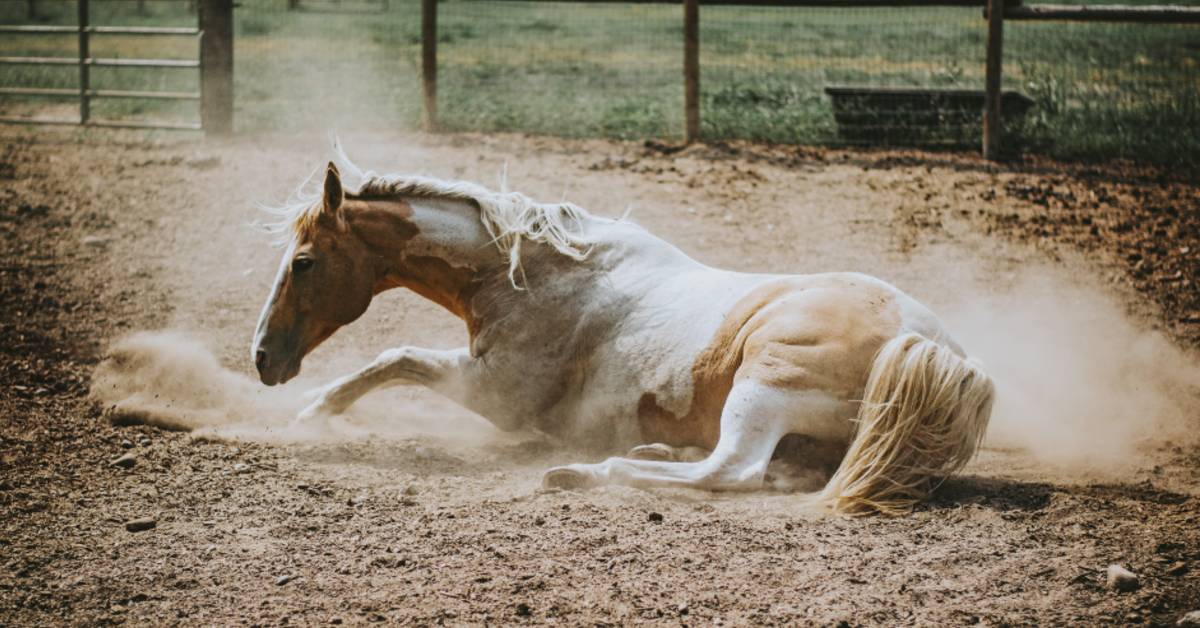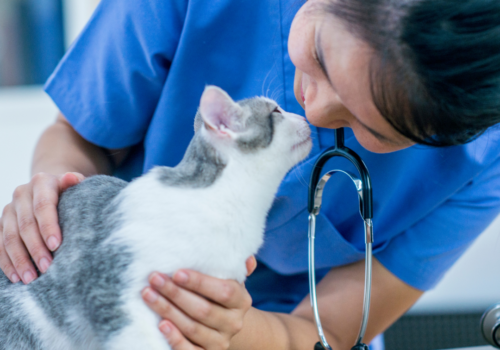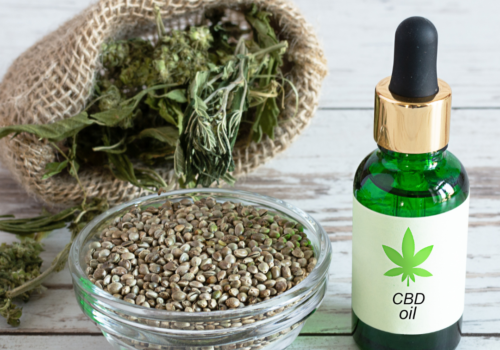Managing Seasonal Allergies in Horses
Horses are great pets for many reasons, including the fact that they have been used as working animals for centuries and are more suited to the great outdoors than most other domestic animals.
However, even the best pets can succumb to a few common illnesses that can be managed with the right treatment plans. For instance, horses can frequently suffer from Laminitis, which affects the tissues (laminae) bonding the hoof wall to pedal bone in the hoof. Luckily, with proper care, fast recovery from laminitis can be possible.
That said, horses are herd animals that tend to ride herd on their species. Most of the time, the herd is made up of only horses, but sometimes, the herd can be made up of a variety of other animals, such as dogs, cats, and even humans. However, the majority of the time, horses travel in herds and eat the same types of food year-round. Yet, the herd does not always ride the same path each year. Humans tend to be the biggest cause of change for the herd since we migrate every year and bring different foods.
Pollens are a big part of life for many people in the summer, but some pollens are bad for you and some are good for you. The bad ones are called “allergens” because they cause allergy symptoms in people and can be really dangerous for horses. In recent years more people have begun to notice that their horses exhibit seasonal symptoms. While many of the symptoms are related to the amount of pollen in the air, the treatment is not always so straightforward. However treatment of allergic reactions are a big part of equine medicine, especially in the summer, and this post will look at how to help your horse deal with seasonal allergies.
What Are The Seasonal Allergies For Horses?
Horses are well known for their sensitivity to seasonal changes, but sometimes it is hard to tell if there is a genuine allergy behind a horse’s performance changes. Some of the time it is just stress or anxiety, which can easily be treated with cbd horse pellets or similar supplements. But the case of allergy is hard to identify and can cause the horse to behave strangely without it being obvious.
As mentioned before, pollen is the primary source of seasonal allergies, for both humans and horses. However, there are other sources of seasonal allergies such as insect bite allergies. When insect activity reaches peak levels in summer this can make your horse a prime target for fleas and mosquitoes. Though not all animals have bite allergies the rashes can be painful.
Sometimes allergic reactions can occur in humans, but it is rare. Allergies are fairly common in horses. Common seasonal allergies in horses include hay fever and a type of grass allergy called “thrush.” Most horses that have hay fever are not treated with antibiotics. Some horses need hay fever treatment and may have to be treated with anti-inflammatory drugs (like Metacam or phenylbutazone) to help relieve the pain.
Allergies are a very common problem with pets. 90% of dogs and 75% of cats suffer from allergies, as well as around 45% of horses. That is why we need to be very careful when breeding our horses, especially if they are from allergen breeds.
What Is the Cure For Seasonal Allergies in Horses?
Are you dealing with seasonal allergies in your horse? Probably not, but you may not know that there are some preventative measures you should be taking to keep your horse free from the misery of symptoms of seasonal allergies. To get started, all you need to do is find out what allergen triggers your horse’s seasonal allergies and then find a way to eliminate it.
Equestrian building experts too can play a role in managing seasonal allergies in horses. From designing effective ventilation systems in barns to choosing the right building materials and accessories, there are various ways in which the problem can be managed through proper stable design and remodeling. For starters, certain types of wood are less prone to harboring mold and other allergens than others. Choosing them to make replacement stable doors for horses is a good idea. Outdoor shelters too could be constructed for horses that are allergic to indoor allergens.
When you are constructing outdoor shelters for your horse, make sure they are far from the most common allergens. The best way to keep grass- and pollen-producing weeds under control during the summer is to remove them from the pasture to prevent them from spreading. Unfortunately, many people forget to do this or simply cannot do it because they are busy with their horses during the summer months.
For insect-related allergies, it is important to keep your barn and animals as free from pests as possible. Keeping up to date with flea and tick treatments is important to control infestations. If there are any ponds or areas of stagnant water you may want to treat these for mosquitoes. For more information on managing insects, this website has more information: https://www.pestcontrolexperts.com/local/missouri/.
Every horse owner knows that it can be tough to keep an allergy-prone horse healthy throughout the year. It’s true that the working horse is well-adapted to the cold winter months. But if you’re a rider who spends more time in the snow than in the (ideal) sunshine, you might not be able to get your horse’s body to respond to the harsh air.
Allergies can be a real pain for some horses. They cause a lot of discomfort and can be serious enough to affect the horse’s health and performance. It’s important to keep in mind that allergies are a fairly common problem in horses and that there are ways to help treat them without giving your horse medications or drugs. Managing seasonal allergies in horses is a common and dangerous condition. If you have a horse that sneezes or itchy eyes, you may think it’s just a seasonal habit, but it could be an allergy. Allergies are caused by your body’s reaction to something that it doesn’t like. Allergens that come from grass, pollen, or trees can cause sneezing and itchy eyes.





